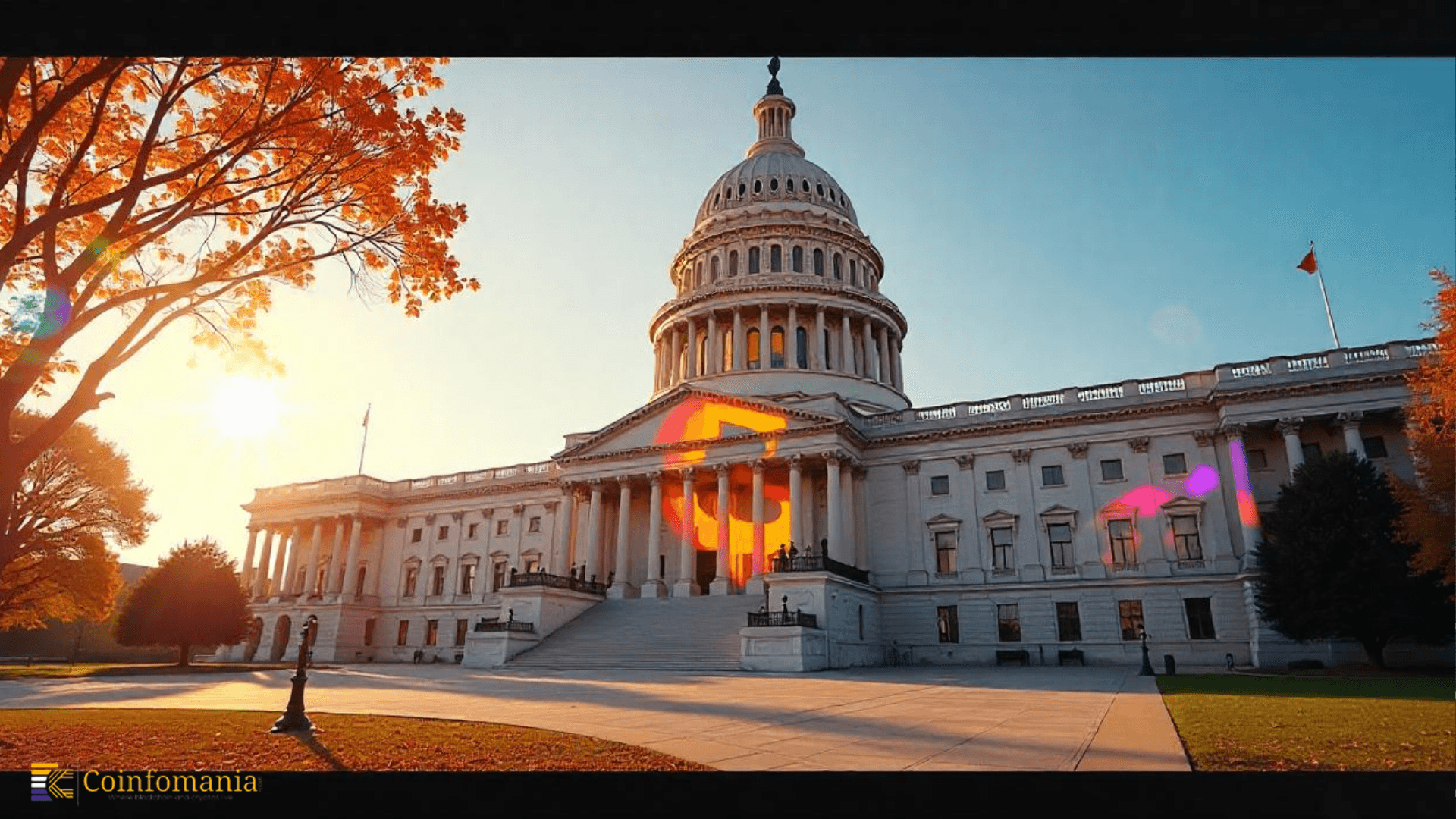U.S. Senate Advances GENIUS Act to Regulate Stablecoins and Balance State-Federal Roles
The GENIUS Act advances in the U.S. Senate, aiming to regulate stablecoins, balance state and federal roles, and encourage innovation while ensuring consumer protection in the digital currency market.

The U.S. Senate Banking Committee has taken a step forward with regulating the cryptocurrency sector by advancing the GENIUS Act, a bill that is focused on stablecoin regulation.n This bipartisan effort aims to set clear rules for stablecoin issuers while balancing the role of state and federal regulators. In doing so, the bill aims to protect consumers while offering a structure that encourages innovation in the rapidly changing digital currency space.
The GENIUS Act: What It Proposes
The GENIUS Act, introduced by senators from both parties, outlines a comprehensive regulatory approach to stablecoins, which are digital currencies tied to traditional assets like the U.S. dollar. The bill aims to create a regulatory framework that requires stablecoin issuers to register with federal authorities, ensuring transparency and protecting consumers.
It also lays out a clear distinction between the roles of state and federal authorities in overseeing stablecoin transactions, aiming to avoid regulatory overlap and confusion. By offering clearer rules, the GENIUS Act is designed to provide clearer guidance, creating a more stable and predictable framework for the booming stablecoin market.
State vs. Federal Control: The Ongoing Debate
As the GENIUS Act is making progress at the federal level, some states are expressing concern about the extent of control the federal government will have over stablecoin regulation. Some states, like Nebraska, have been pushing for more local control, arguing that stablecoin regulation should be adapted to meet regional needs.
This has sparked a debate about whether state or federal authorities should have the primary role in overseeing the stablecoin market. Advocates for state-level regulation argue that local governments can be more nimble and responsive to the specific needs of their financial ecosystems, while federal regulators could bring consistency and nationwide standards.
Impact on Innovation and Consumer Protection
A major focus of the GENIUS Act is ensuring that regulation does not stifle innovation in the digital currency space. Supporters of the bill argue that a balanced approach will allow for continued growth of stablecoins and related technologies, without sacrificing consumer protection. By introducing transparency requirements and safeguarding against potential risks, the bill seeks to prevent fraudulent activities and other risks that could arise from unregulated digital assets. At the same time, the bill aims to provide a clear path for the integration of stablecoins into the broader financial system.
Challenges Ahead and the Road to Implementation
Despite the progress made in the Senate Banking Committee, the GENIUS Act still faces significant hurdles before it can become law. The bill will need to go through several more stages of approval, including debates and potential amendments in both the Senate and the House.
Furthermore, there are concerns about how the bill will be implemented and whether it will adequately address the concerns of both federal and state regulators. As the regulatory landscape for cryptocurrencies continues to evolve, the GENIUS Act represents a major step toward providing clarity and stability to the market.
Follow us on Google News
Get the latest crypto insights and updates.


